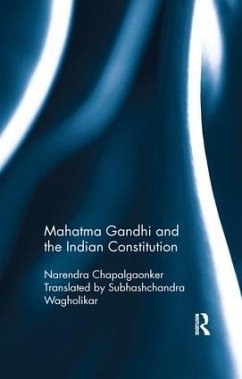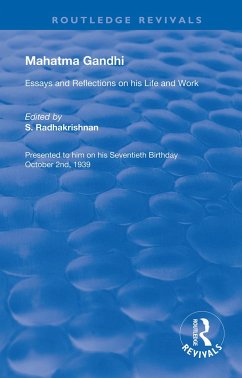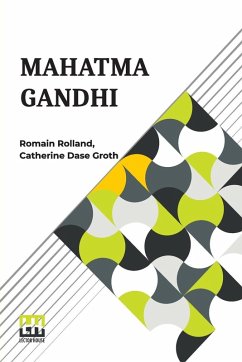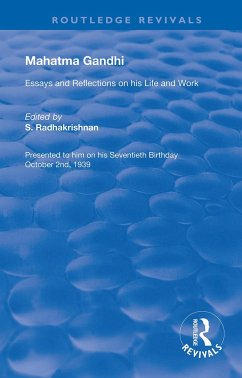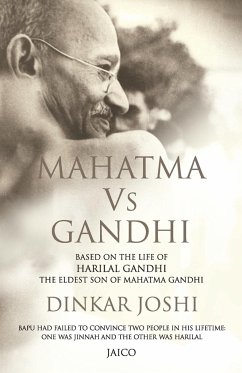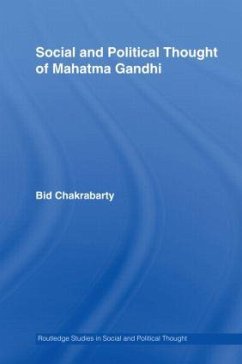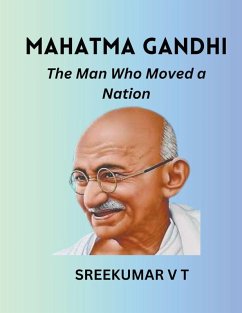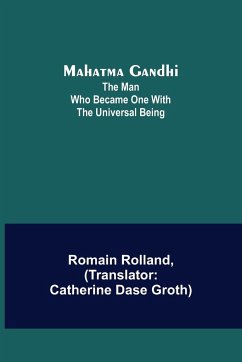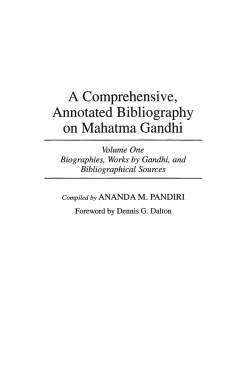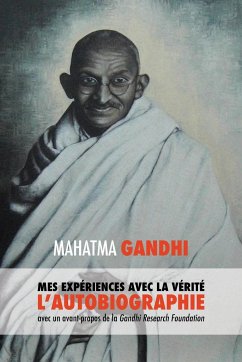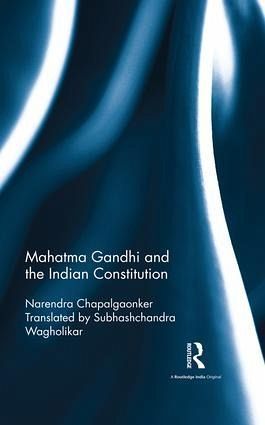
Mahatma Gandhi and the Indian Constitution
Versandkostenfrei!
Versandfertig in 1-2 Wochen
185,99 €
inkl. MwSt.
Weitere Ausgaben:

PAYBACK Punkte
93 °P sammeln!
This volume explores important questions that are an intrinsically linked to the making of modern India. It looks at the underlying foundations of the Indian nation state and the role of leaders likeGandhi, Jawaharlal Nehru, Sardar Patel and B. R. Ambedkar. The volume also explores the linkages and the dissonances between Gandhi's idea and the Indian Constitution.




